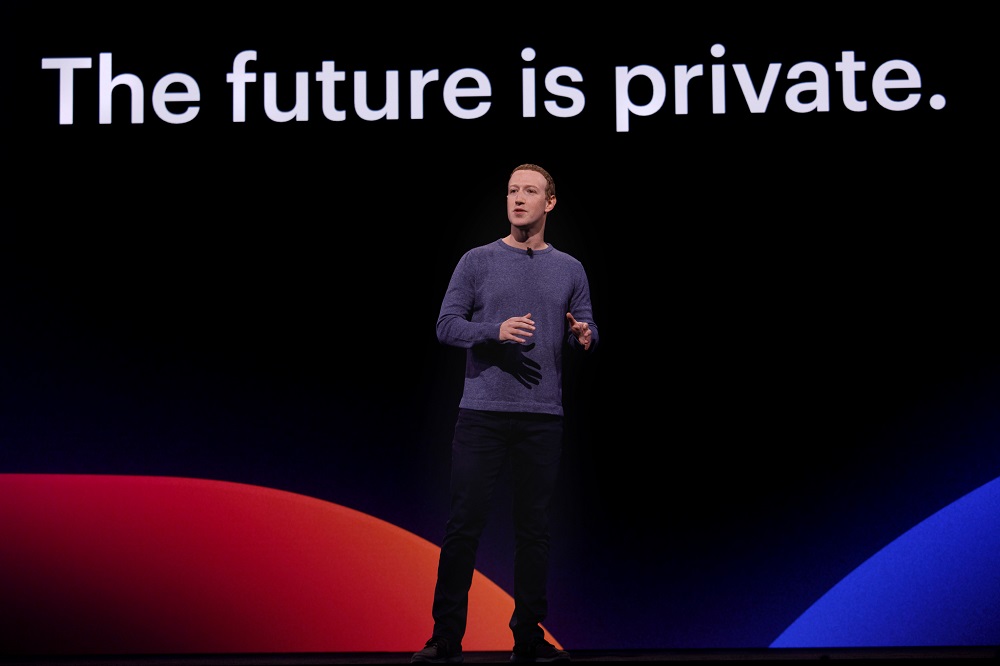
Facebook has come clean, saying they shared user data with third-party developers longer than they had promised. The US Social media giant found itself in hot soup in 2018 after the Cambridge Analytica scandal.
After that, the company announced sweeping changes into their policies and restricted how much information third-party developers can access. One of those moves was to disable access to user data if a person didn’t interact with a developer’s app for 90 days.
As it turns out, that wasn’t entirely the case as promised. The company, in a blog post, said third-party apps in some instances continued to receive a user’s data even though they weren’t active in the past 90 days.
For instance, if you invite a Facebook friend to a third-party app, the developer is allowed to pull data from both of your accounts at once. If one of you is inactive for 90 days, the app should have to request access to personal data again like email addresses, birthdays, gender, and hometowns.
But a Facebook flaw allowed the third-party app to continue accessing data despite one of you being inactive in the app for the past 90 days.
- Also read >>Facebook has suspended jubilee linked data analytics firm Cambridge Analytica
- Also read >>Facebook Sued In Australia Over Cambridge Analytica Scandal
- Also read >>Facebook Promises To Improve User Data Security After Several Breaches
- Also read >>Facebook suspends tens of thousands of apps over the Cambridge Analytica scandal.
The company says the flaw must have allowed around 5,000 developers to continue accessing data after the 90 days inactivity period. The number of users who could’ve been affected was not provided.
“We haven’t seen evidence that this issue resulted in sharing information that was inconsistent with the permissions people gave when they logged in using Facebook,” Facebook wrote in a blog post.
“We fixed the issue the day after we found it,” the company added.
“We’ll keep investigating and will continue to prioritize transparency around any major updates.”
Facebook and User Data
In the past Facebook has been under fire the way it handled data of tens of millions of people in the Cambridge Analytica scandal. The company’s lax privacy controls let a third-party developer scrap data of millions of users through quiz apps and sold it to the now-defunct political data-analytics firm, Cambridge Analytica.
It led to a backlash, and since then, the company has imposed various restrictions on third-party apps to curb a similar occurrence. Facebook also rolled out granular controls for people to choose what data they can share with third-party apps.
The whole scandal ended with the Federal Trade Commission (FCC) patting away with $5billion in privacy settlement from the company in July 2019.
Follow us on Telegram, Twitter, Facebook or subscribe to our weekly newsletter to ensure you don’t miss out on any future updates.




One Comment